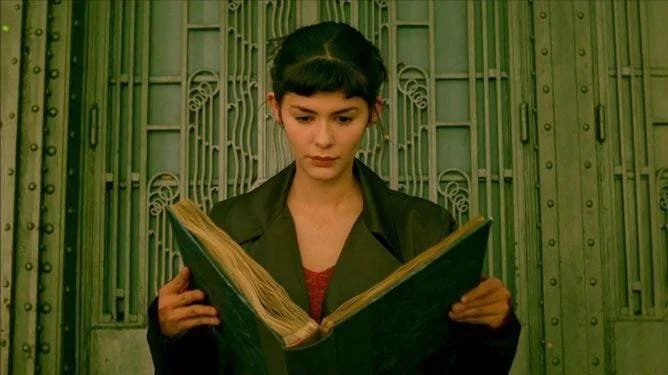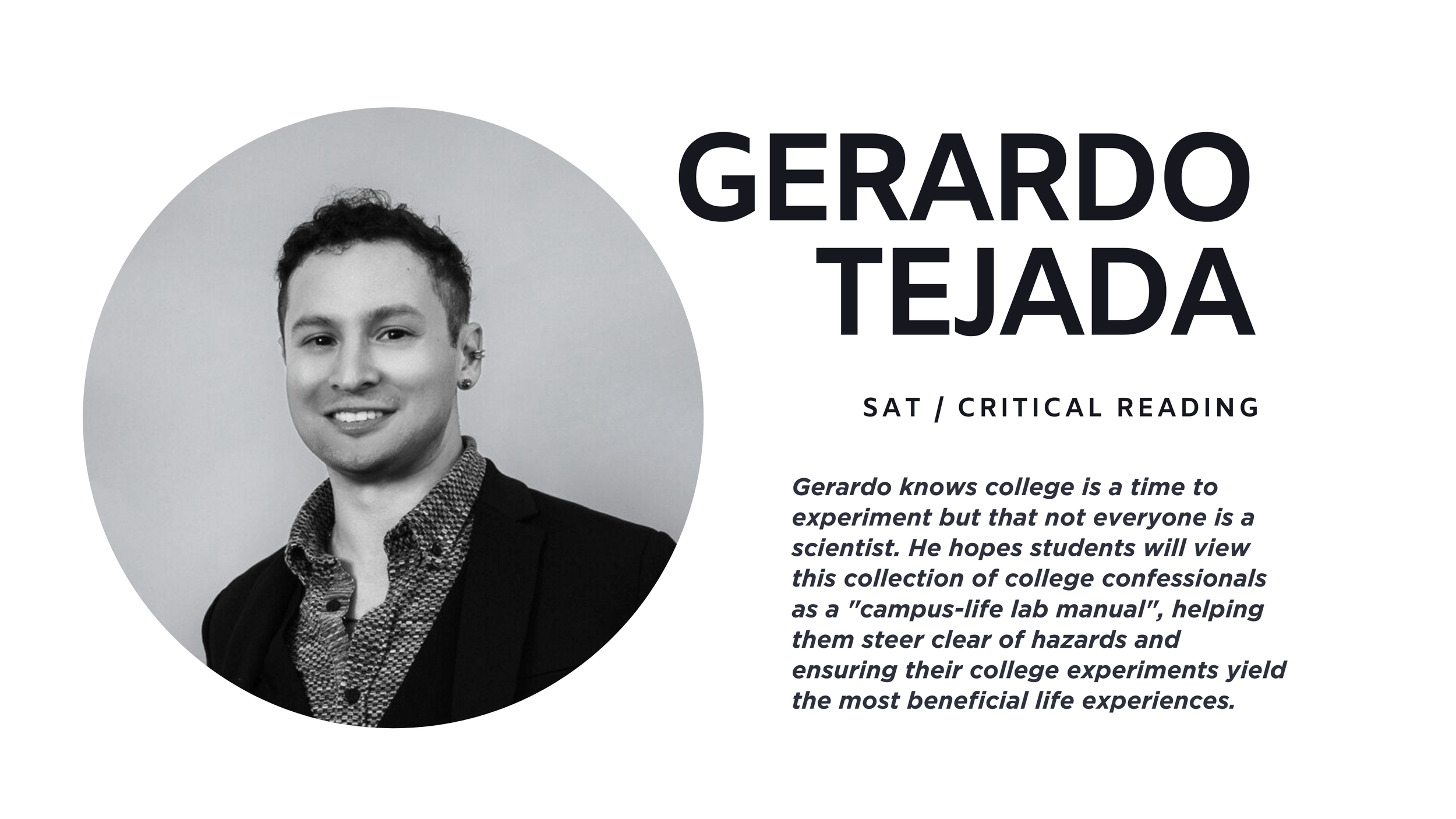Want to be a “better” friend? Grab a Book.
Scene from Amélie (2001)
You might not think of reading as a social practice, but let’s think about what it even means to be a “better” friend. The trouble lies in that word: doesn’t better depend entirely upon the situation, on that particular friend’s present needs or concerns? One must serve the role the situation demands. For example, a friend with relationship problems may seek advice or simply want to vent. A friend dealing with anxiety may need to talk through it, while another seeks solutions. Sensitive friends may require a softer hand and lighter jokes; still others need the catharsis that comes with the darkest of humor.
We all bring something different to the conversation.
So what I mean when I say better is all of the above, and more.
Consider the following celebrity gossip from Victorian England.
One lucky lady—Winston Churchill’s mother, Lady Randolph Churchill—scored two dates with two very prominent British political rivals (both of whom would become Prime Ministers in alternating terms): William Gladstone and Benjamin Disraeli. When asked by a reporter what she thought of the two men, her reply caused quite the sensation:
“When I left the dining room after sitting next to Mr. Gladstone, I thought he was the cleverest man in England. But after sitting next to Mr. Disraeli, I thought I was the cleverest woman in England.”
-The Lady Churchill
For context, England’s social etiquette at the time would have demanded that she be the polite peripheral listener, leaving the main stage for the gentleman who would entertain with anecdotes and conversation while she would do her best to play the role of an active listener and pretend she wasn’t bored out of her poor mind.
Gladstone, “the cleverest man in England,” was no doubt a naturally-gifted storyteller who, like a seasoned fisherman, baited his listeners with details that begged questions, caught their attention with clever turns of phrases, and reeled them in with well-paced delivery. Lady Churchill was clearly impressed by him, and while I don’t know if they ever crossed paths again, there’s no doubt that she would happily welcome another meeting.
No, listen. I've got it now. You meet a girl: shy, unassuming. If you tell her she's beautiful, she'll think you're sweet, but she won't believe you. She knows that beauty lies in your beholding." Bast gave a grudging shrug. "And sometimes that's enough.
- Bast--first half of his wisdom--from Name of the Wind
Disraeli, on the other hand, left her feeling like she was “the cleverest woman in England” not because he was a fool by comparison but because he was a supernaturally-gifted storyteller who could make anyone feel intelligent and insightful. Like a seasoned sailor, he knew intimately how to exploit the currents and flows of a story, using them in service of others so that those in his company could chart and traverse the ocean of memory together.
Lucky indeed…
Recall the era: the only way the Lady could have demonstrated her cleverness was by having the opportunity to speak. To transgress society’s rules, Disraeli had to have created a space in which Lady Churchill could speak freely, genuinely, and judgment free. Thus, we can conclude that rather than play the idle listener, she relished the space and the freedom she had to exist in it. What’s more, Disraeli no doubt tapped into his deep understanding of what makes a good story to steer her with commentary, questions, and humor that guided her further into her memories, bringing to light what would otherwise have been relegated to the recesses of her mind and her mind alone.
This is precisely where Disraeli interests me more. He demonstrates that by actively listening and engaging with her story, he changed the story she believed about herself. Gladstone made her feel like she was lucky to be able to entertain such a clever guest. Disraeli, however, revealed the Lady as a clever entertainer of guests herself. The former indulged his own cleverness, and the latter indulged another’s.
His eyes brightened. "But there's a better way. You show her she is beautiful. You make mirrors of your eyes, prayers of your hands against her body. It is hard, very hard, but when she truly believes you..." Bast gestured excitedly. "Suddenly the story she tells herself in her own head changes. She transforms. She isn't seen as beautiful. She is beautiful, seen.
- Bast--the rest of his wisdom--from Name of the Wind
One need not be an author to achieve this effect. One needs practice, practice enough to know how stories succeed or fail, how they can be salvaged or ruined. Then, one wields this understanding to the necessary degree in the company of others.
Far too many interesting people parade themselves as the mere bearers of a handful of semi-interesting tales. Worse, many shrink into the backgrounds of conversations, convinced they have no interesting stories when in fact the simple truth is that we all have stories worth telling. We are all interesting so long we choose to explore, discover, and build.
Living this way felt like discovering your shoe was nailed to the floor, but only one of them, so that you paced, always, a circle of possibility, defined by the limited imaginations of others.
- Alexander Chee, from How to Write an Autobiographical Novel
For me, a combination of deliberate practice, some luck in book selection, and exploited opportunities at both story-telling and -listening granted me enough experience to wield this skill, and I continue to read regularly to maintain that edge. After all, a blade left unsharpened for too long quickly grows dull.
This skill needn’t be limited to romance, either, for it applies to all manner of relationships. Think of how we measure the depth and quality of one by how free and comfortable we are to express ourselves, by the degree to which we feel understood, by how “seen” we are.
The light is what catches our eyes, but what makes a man lean close to a fire has nothing to do with its bright shape. What draws you to a fire is the warmth you feel when you come near. The same was true of Denna.
- Kvothe, from Name of the Wind
So, if you are at a loss for how to connect with others, do yourself a favor and grab a book. Stories endure! They are remembered and re-printed because they connect with not only you, but with everyone else who has read it, is reading it, and will read it. The cost of a book is a small price to pay in exchange for the massive well of wisdom, an endless vault of experience and introspection.
Too many do themselves the disservice of approaching reading as an exercise in pulling information like weeds from a tangle of sentences. I understand why, but I will remind you that to cultivate a healthy garden, you need to stop and smell the roses sometimes to see if they’re growing exactly as they should be.
Reading is invaluable!
In the posts to come, we’ll be going over what that even means. What I can assure you for now is that through reading you will, at worst, learn to tell a better story while making yourself some damn good connections.
MORE ARTICLES FROM







